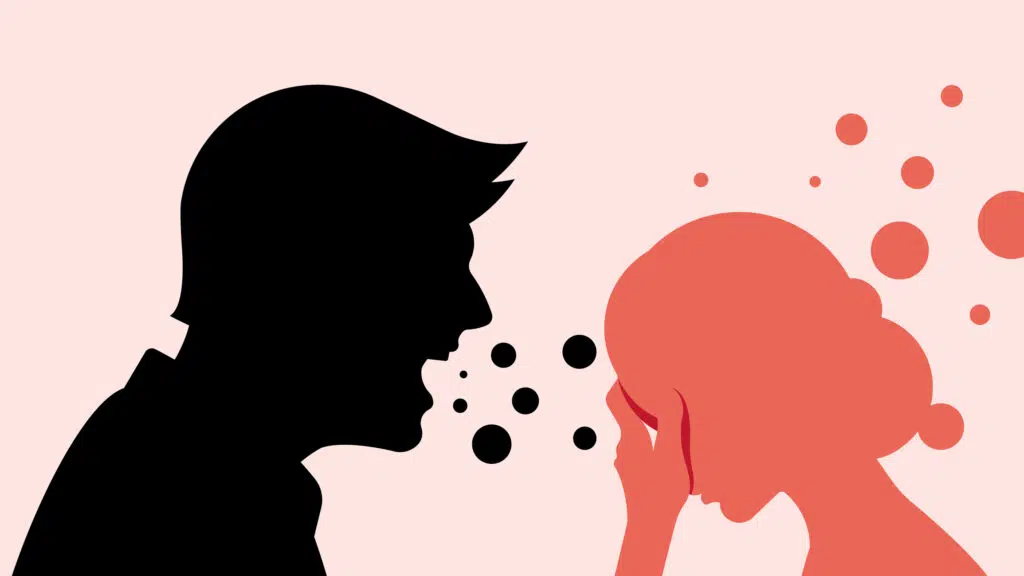The Art of Arguing Fairly: Tips from Therapists

Any couple that tells you they don’t fight is lying. All couples fight – some more frequently than others, but all do. It’s a natural part of being in a relationship where there are two people with different qualities and beliefs. But if you’ve been fighting more often than you used to, you might wonder whether it’s time to find a therapist who can help you.
Before you panic at the thought of your relationship crumbling, know first that disagreements are normal. In fact, having the occasional fight is better than not fighting about anything at all as the latter could mean you’ve stopped caring enough to express your thoughts and feelings or you don’t believe your partner is worth explaining your side to.
Instead of simply focusing on how often you argue and stopping those arguments completely, you should think about how you can fight fairly. Here are some tips from Thriving Center of Psychology:
Think Before You Speak
In the heat of the argument, you naturally feel emotional and often you just say things to hurt the other person. Before you say anything that will hurt your partner, you should consider taking a pause to think of how he or she will hear it. How will you feel if you’re the one who gets that comment? This could help you become more careful with your choice of words.
Use “I” Instead of “You”
When you say “I was hurt because…” instead of “You messed up again!”, you’re starting a more productive exchange rather than immediately driving your spouse to a defensive corner. If you start with an accusation, they’ll instantly shut out what you’re saying and you won’t get through. Nothing will get resolved this way. You should try talking about how you feel and raising potential solutions.
Stop With the Character Assaults
Remember that you are fighting because of an “incident”. It wouldn’t help if you keep making personal attacks, calling your partner names and criticizing the character of your partner. In fact, name-calling is already below-the-belt and could already affect your relationship in a major way.
For instance, instead of calling your partner a “lazy pig”, you should ask how you can better divide chores at home.
Stop Rehashing Past Arguments
You should only focus on the present. What are you arguing about this time? Stick to that and stop relating it to anything that has happened before. The fact that you are still together means you have let go of those arguments in the past, so you should not bring them up again.
Talk Less, Listen More
You know this is right. When you’re angry or frustrated, your tendency is to nag and not to listen to what the other person is saying. You’re too focused on getting your emotions out that you fail to hear what your partner is trying to say. Instead of becoming defensive, be open and try to listen. You’re more likely to solve problems if you understand the person’s side.
Conclusion
Learning how to deal with anger and changing the way you handle your fights can significantly help improve your relationship. Of course, that’s just the surface. Seeking the help of a professional can help you determine what’s causing the constant arguments and if both of you are willing to work on it, you can save and even improve your relationship.
Consulting with a therapist in person or doing an online counseling with your partner is key to saving a relationship that is hurt by constant fighting. Thriving Center of Psychology can help you deal with individual issues and problems as a couple. Contact our office for inquiries or schedule your appointment today!

Understanding Impostor Syndrome: Breaking Free from Self-Doubt
Imposter syndrome can make you feel like a fraud with no confidence in your abilities. You’re not alone; so many people feel like this. The good news is that you can break free from imposter syndrome and overcome self-doubt; here’s how.

Supporting a Loved One with Mental Illness: Practical Tips and Resources
There isn’t one perfect way to support a loved one with mental illness. How you care for someone will depend on you and the person you support. Mental illness can affect all aspects of a person, from mood to behavior. It can come as a shock when a loved one is diagnosed with a mental illness.

Is My Relationship One-Sided?
Do you feel like you’re doing all the work in a relationship? When a relationship is one-sided, it can create stress and conflict. If one partner invests more energy and effort to make the relationship work, it creates an imbalanced dynamic that can be draining in the long haul.

How To Recover From Burnout?
Manageable and short-term stress can increase alertness and give you the focus to hit a tight deadline. But left unchecked, chronic stress can result in burnout, leading to complete physical, mental, and emotional exhaustion.

